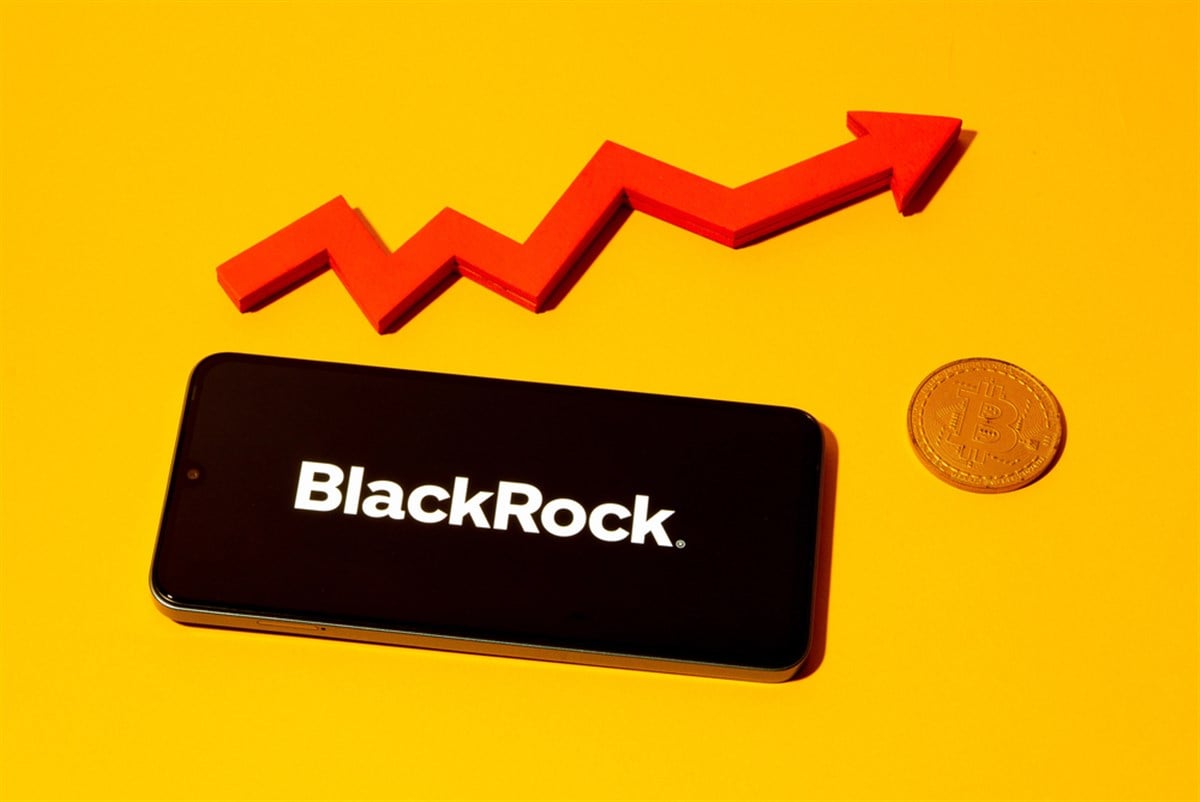
Now that earnings season is back on, investors have a chance to examine the operations and changes being made at the biggest money managers on Wall Street. These operations and changes offer a non-conventional source of information to consider in the coming months and quarters to make better investment decisions and avoid some of the pitfalls of volatility and risk.
Today, the largest asset manager in the world, BlackRock Inc. (NYSE: BLK), reported its latest quarter results, and markets reacted by sending the stock higher at the market open. Not only is the stock now flirting with making a new all-time high to show investors where markets are willing to place a premium, but the company’s assets under management also show a similar trend.
More important than seeing a record $11.5 trillion in assets under management for BlackRock, investors should care about where the new money and investment funds are being placed, whether by voluntary action or by BlackRock’s proprietary advice and management systems; it gives the rest of the market a clue as to which asset classes might outperform in the coming months.
Why Bonds Are Becoming the Preferred Choice Over Stocks
According to BlackRock’s earnings press release, investor preference has shifted significantly over this quarter, which was filled with critical economic data and a new policy shift from the Federal Reserve. New interest rate cuts should have brought more people into the S&P 500, but that’s not the case today.
At least for BlackRock’s clients, who pay massive fees to have access to better research that leads to significantly better decisions. Retail investors might have fallen into a breakout chase in the S&P 500 through the SPDR S&P 500 ETF Trust (NYSEARCA: SPY), though BlackRock had something else in mind for its clients.
Looking at the net flows for the asset manager’s products, it seems like fixed-income ETFs were the preferred place this quarter. UP to $47.8 billion made it into fixed-income ETFs as a strategy, compared to only $20.6 billion to equities on an index strategy.
Diversified managers, so-called smart money, doubled the rate of buying bonds than those that preferred equities, and the same can be said about retail buying of up to $5.2 billion of equity products. This divergence aligns with the fact that the market could expect further interest rate cuts, which are set to bring higher bond prices from today’s levels.
To get on this trend in a reasonable instrument, investors can consider the iShares 20+ Year Treasury Bond ETF (NASDAQ: TLT) to gain exposure to these new trends in the market today. One word of warning to bond investors, however, is the possibility of renewed inflation pressures threatening these new fixed-income positions.
To hedge this potential risk, BlackRock has devised a new strategy and asset class for investors to consider and cut some of their risks today.
How Multi-Asset and Private Asset Strategies Help Investors Minimize Risk
Another main strategy and category that BlackRock offered was a multi-asset strategy, which essentially carries other asset classes like commodities and real estate to diversify away from the classic stocks and fixed-income alone.
This alternative strategy reported up to $18.9 billion in fund flows for the institutional client segment, showing that other money managers see increased risks in the other two popular segments in bonds and stocks.
Investors don’t need to be BlackRock clients to tap into the potential returns that this portfolio can offer. Given the new inflation risks due to the new Federal Reserve (Fed) rate cuts, any dollar-quoted commodities and products could benefit from a potentially weaker currency ahead.
This is why Warren Buffett decided to shift out of the financial sector and enter the energy sector. Recent 13-F filings show his reduction in Bank of America Co. (NYSE: BAC) shares and his buying up to 29% of Occidental Petroleum Co. (NYSE: OXY).
For this multi-asset strategy, investors can look to the SPDR Gold Shares (NYSEARCA: GLD) for exposure to gold, a dollar-quoted commodity that has gained momentum recently. Then there is the real estate aspect of the portfolio, offering upside and income through dividends, where real estate investment trusts (REITs) come into play.
Investors will find a reasonable discount in shares of Realty Income Co. (NYSE: O). Wall Street analysts want to see the stock at a price target of $70.25 a share, set by those at Stifel Nicolaus, to call for up to 14% upside from where it trades today.
On top of that, Realty Income offers shareholders a dividend yield of up to 5.1% today, so they don’t have to pay BlackRock any fees to land on the same trends that its clients are now enjoying. After digesting all the trends in client fund flows from this asset manager, investors are now armed with enough information to take on the market this quarter..